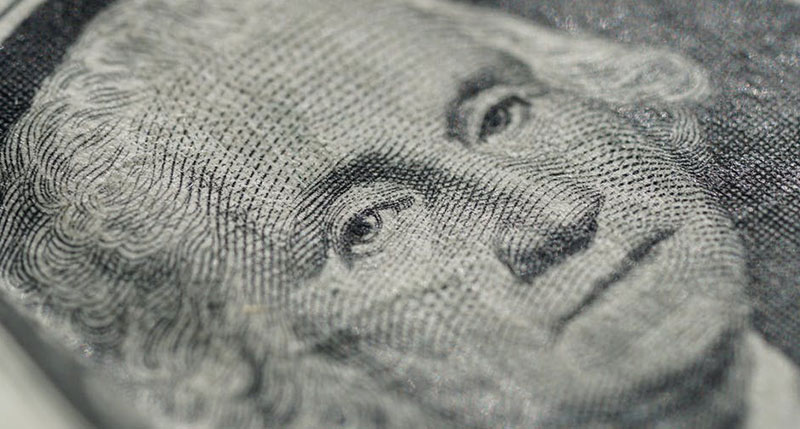With just a couple of weeks remaining in 2021, time is running out to spend your designated “Flex” funds from your Flexible Spending Account (FSA) on eligible healthcare costs.
If you or your spouse have an FSA account through an employer, now’s the perfect time to double-check when your benefits expire. If it’s a calendar year plan, your benefits likely expire on December 31 – which means it’s time to “use it or lose it.” Essentially, if you’ve saved money from each paycheck into an FSA plan but don’t use it on eligible health care costs by the expiry date, you forfeit those funds and can’t use them at all.
Our patients often ask which vision care expenses are reimbursable through an FSA. We address that question and others below in our round-up of questions about Flexible Spending Accounts:
Here are 5 questions to help you maximize your flex spending this season:
- What is a Flexible Spending Account (FSA)?
In the 1970s, the US federal government created FSAs as a benefit for citizens to save money for health care costs in a tax-free account. The account is typically set up and maintained by their employer. Companies can choose whether to participate in FSAs as a benefit to their employees. The account accrues pre-tax funds by setting aside a specified amount from each paycheck – maybe $25, $50 or even $100, depending on the employee’s forecast healthcare expenses for the upcoming year. You can use this tax-free money on vision, medical or dental expenses within the plan year. In 2021, employees can save up to $2,750 in an FSA to spend on health care costs that include out-of-pocket expenses such as contact lenses, prescription eyeglasses, prescription sunglasses, eye exams, and deductibles. It’s a significant tax-free benefit —unless you forget to use the dates by the plan’s end date, which is often December 31. Funds that aren’t used by that specified date are often lost. Thus we often say “Use them or lose them!” when referring to Flex dollars.
- How can I get a Flexible Spending Account?
If your employer offers an FSA as a benefit to its employees, it’s as easy as opting in and signing up to participate and electing your total amount to save for the year. All full-time employees of organizations that offer FSAs should be eligible to participate. If you’re wondering whether your company provides this tax advantage as a benefit, reach out to your human resources department or benefits plan administrator to ask.
- How will a Flexible Spending Account benefit me?
In short: An FSA is a tax advantage that helps you pay a lower tax rate overall by deducting part of your income tax-free for use on health care expenses. The amount of income tax you pay varies by your salary, marital status, whether or not you have kids, plus other variables. But there’s one thing we all have in common: We want to pay less of our take-home salaries in taxes. That’s the beauty of an FSA account. The money you save into your FSA is collected before your employer deducts your payroll taxes from your paycheck.
You can elect to set aside any amount in your FSA, up to the maximum of $2,750. By doing so, you’ll lower your taxable income by that same amount for the plan year. If you have children, you can contribute more to an FSA for Dependent Care—up to $5,000 a year.
By maximizing your participation in the FSA and Dependent Care FSA plans, you can lower your taxable income and increase your tax savings. It’s a smart way to keep more of your take-home pay in your pocket!
- What vision care expenses qualify for Flexible Spending?
The federal government keeps a 21-page list of eligible expenses that you can consult. You, your spouse and children can use these Flex funds for a variety of vision-care expenses in your optometrist’s office, including the following:
- Annual eye exams
- Insurance deductibles and copays
- Prescription eyeglasses
- Designer eyewear—with prescription lenses in them
- Computer glasses
- Reading glasses
- Contact lenses – even a year’s supply!
- Prescription sunglasses
- Dry eye treatment
- LASIK eye surgery
Other eligible expenses include over-the-counter purchases you need to maintain your healthy vision, including contact lens solution, cleaners, and allergy eye drops.
- Where can I use FSA funds for vision care expenses?
Right here in our office! If you learn that you have FSA funds that expire on December 31, call us immediately to schedule your annual eye exam within 2021. Your remaining Flex funds can be used for a comprehensive eye exam, prescription glasses, a year’s worth of contact lenses, dry eye treatments and even a new pair of prescription sunglasses to keep your eyes safe and seeing your best in the sun. Our vision care team will work with you to help maximize your FSA benefits and provide the proper paperwork necessary for you to gain reimbursement for these expenses.
But remember: Time is NOT on your side if your benefits expire on December 31, and our office gets very busy during the holidays with college students at home needing appointments and other FSA users trying to spend their funds. Call us today to schedule your appointment so we can be sure to see you this month!
